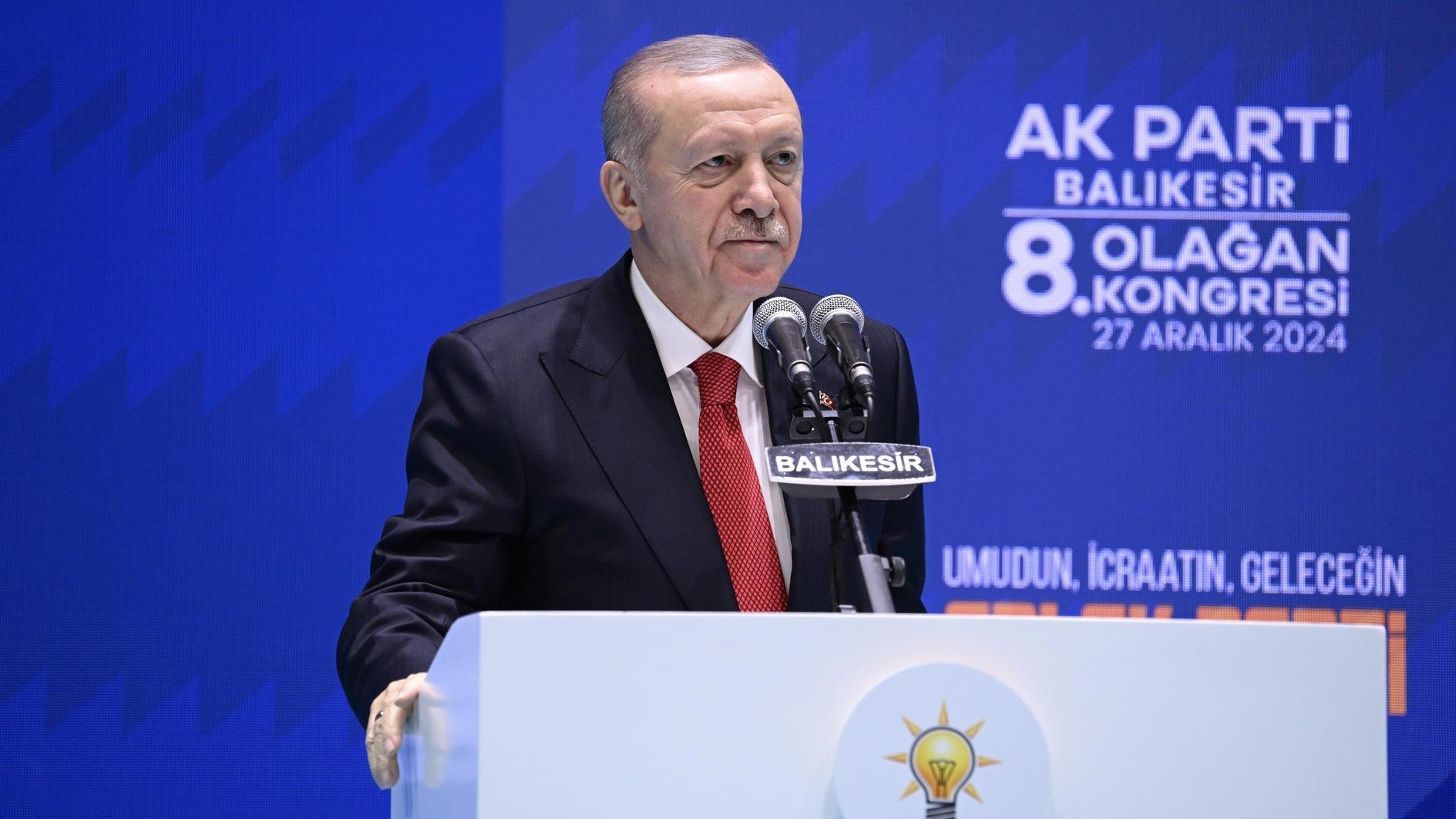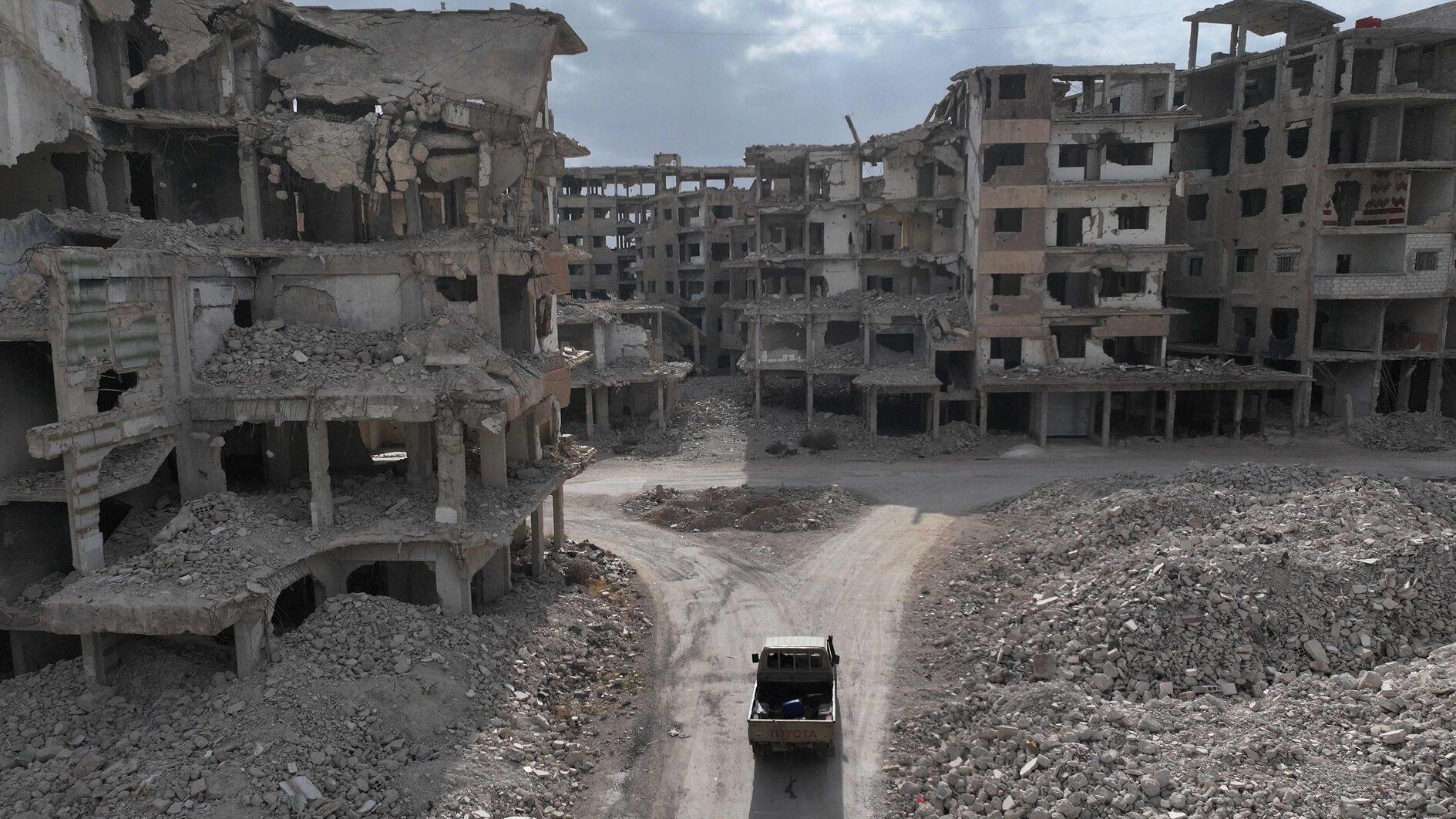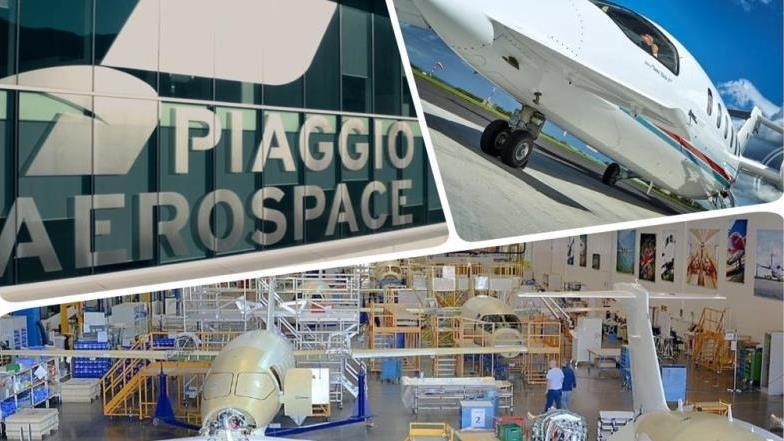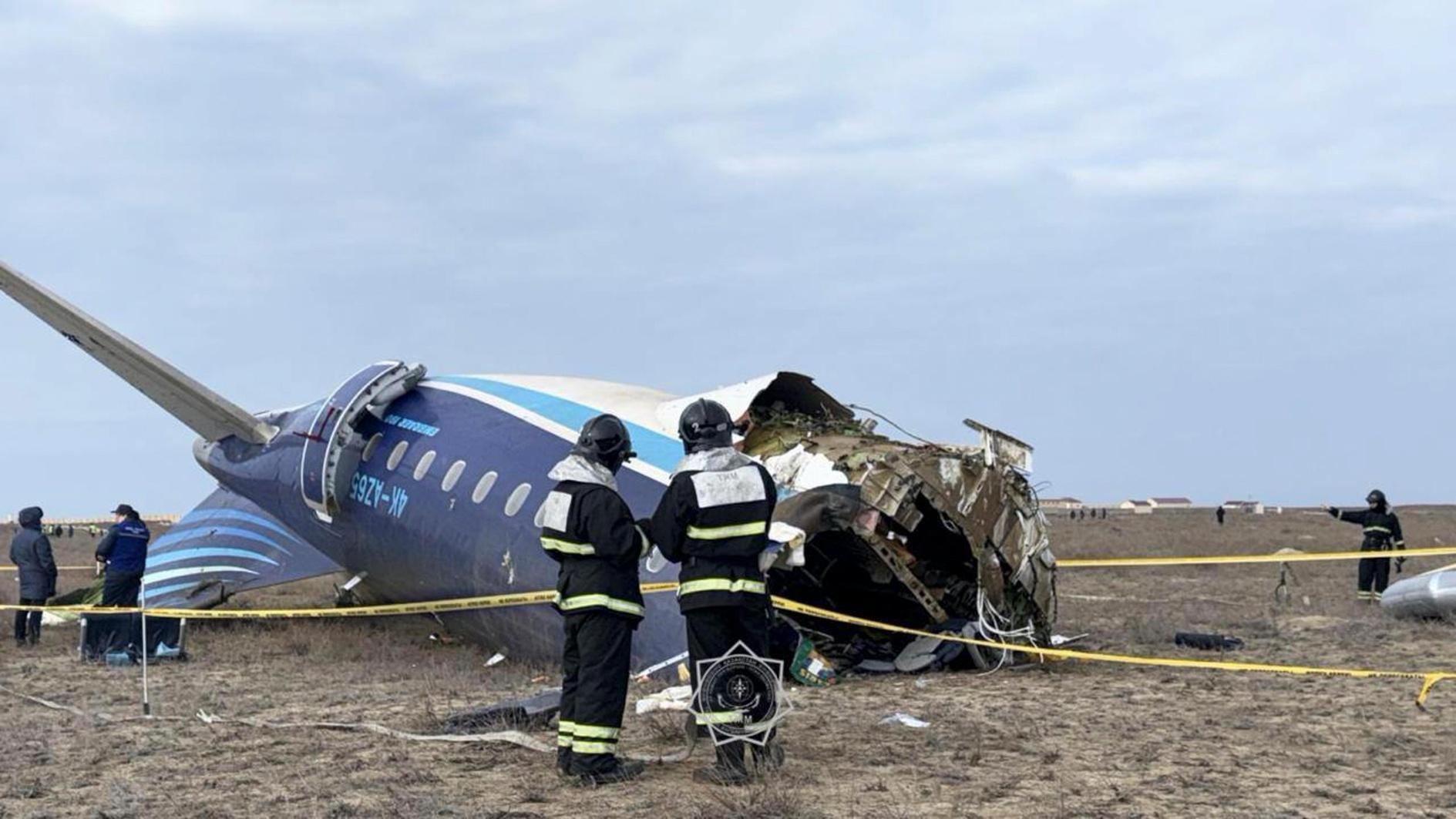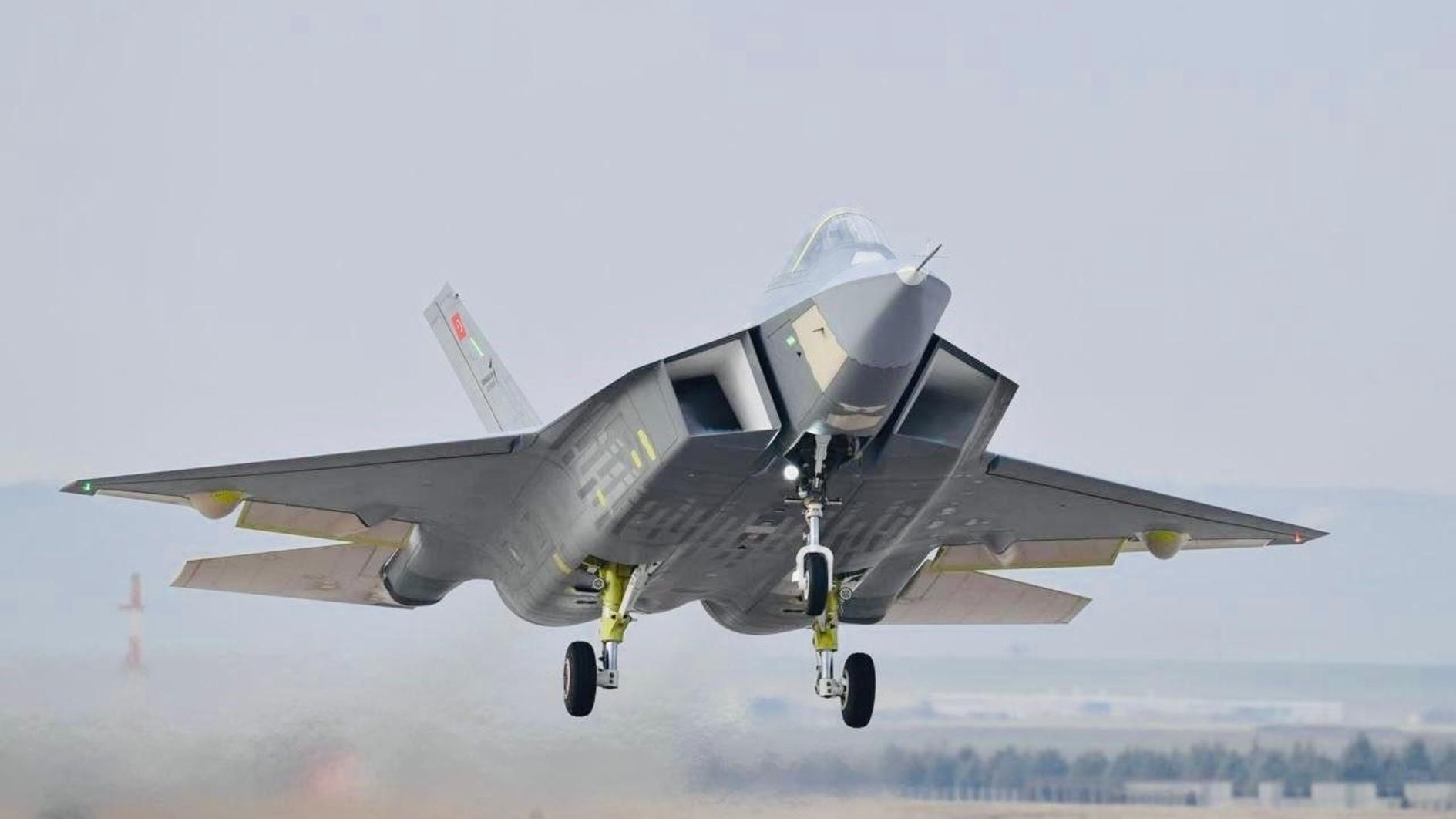Özal’s autopsy may not yield results
ISTANBUL - Anatolia News Agency
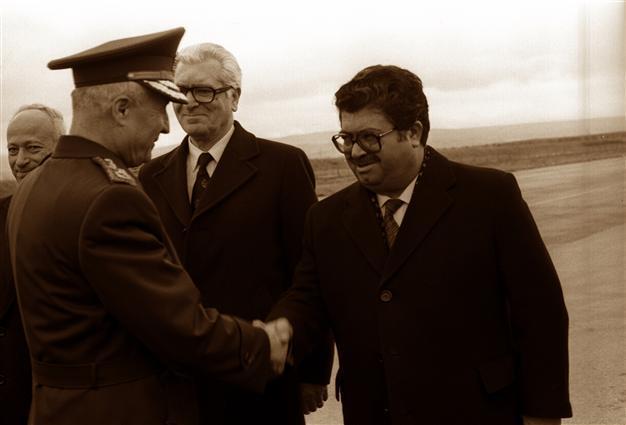
Hürriyet photo
The grave of Turkey’s eighth president, Turgut Özal, grave will be surrounded by metal sheets during the exhumation of his remains, but Haluk İnce of the Justice Ministry’s Forensic Medicine Institution has said the planned analysis of Özal’s remains may not shed light on claims of possible poisoning.Ankara’s Chief Public Prosecutor’s office had previously ruled that the deceased former president’s remains should be exhumed in order to determine the cause of his death. Özal’s remains will be exhumed after ongoing forensic studies are complete, İnce said, but was not able to give a precise date as yet. The exhumation will be carried out by a team of 7 people, İnce said, and he will personally be in charge of the whole process. The seven-person team will include a forensic anthropologist and a geological engineer, as well as a representative from the Forensic Medicine Institution’s chemistry department and three from its post-mortem department.
“The team could include up to 20 people. Once the body is removed from the grave, it will be transported to Ankara for toxicological analyses, for which we will need 48 hours. After that we will return the remains to Özal’s family. For security reasons we will store the remains in a specially arranged chamber at the institution, where limited-access procedures will be applied,” İnce said. Although the standard security procedures at the Forensic Medicine Institution are very strict, extra security measures will be taken, he said. “Only five people will be granted access permits to the chamber, and only they will know where the remains are kept; we will not share this information even with our colleagues at the institution.”
The studies conducted on Özal’s remains may not yield any results, and the chemical analyses may only yield non-lethal materials, İnce said. “The results will need to be interpreted carefully,” he said. The results of the analysis will not be released in less than 2 months. “If it takes longer we will explain why it took us longer than expected. Time is our greatest disadvantage, and our second greatest disadvantage is that we are performing these tests too long after Özal’s death.” İnce said.


